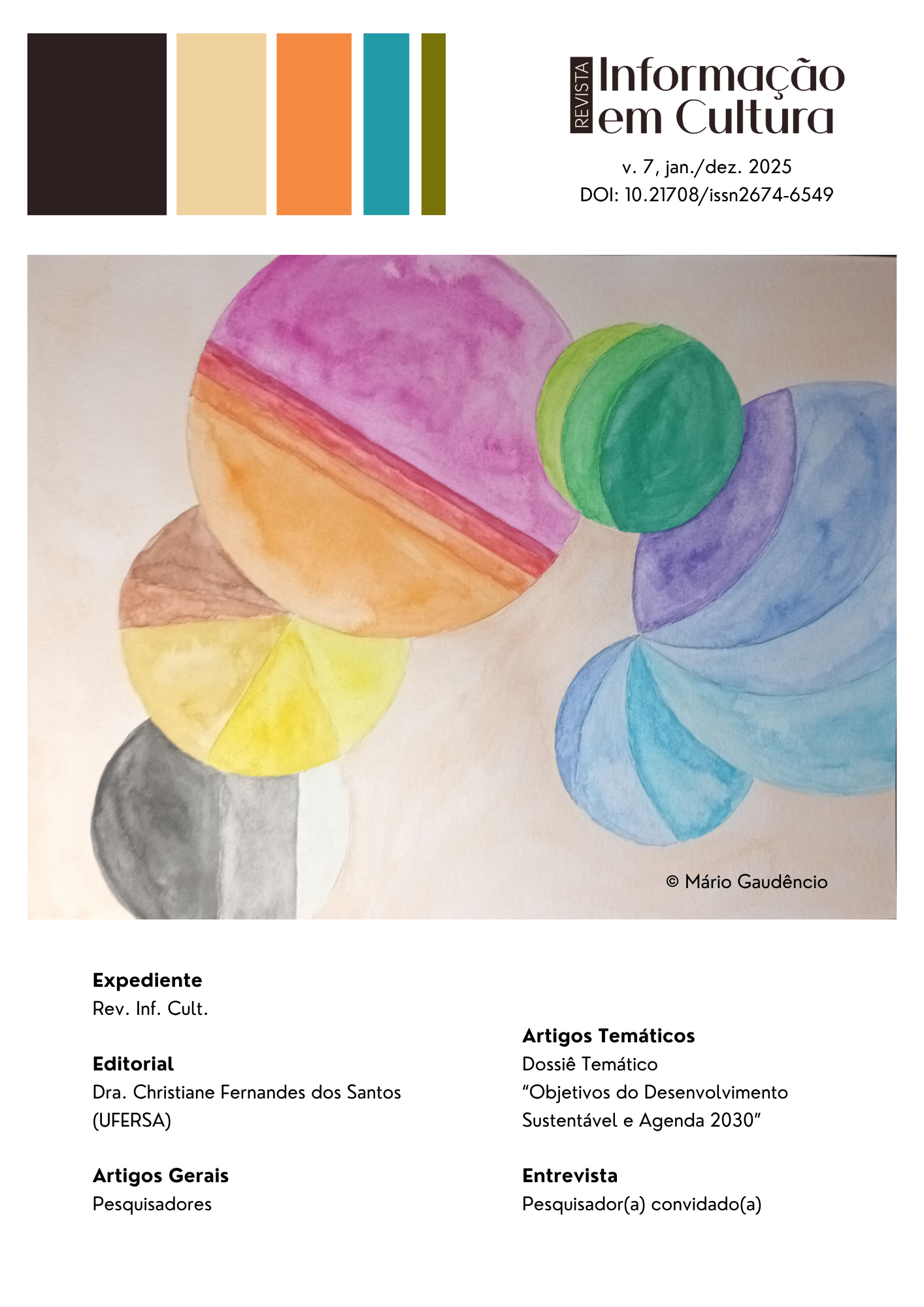Agricultura familiar em comunidades quilombolas do Brasil
uma revisão sistemática da literatura
DOI:
https://doi.org/10.21708/issn2674-6549.v7e14039.2025Keywords:
Campesinato, Agricultura de subsistência, Comunidades tradicionais, Peasantry, Subsistence farming, Traditional communities, QuilombolaAbstract
Communities formed by Black descendants of enslaved and fugitive individuals in Brazil are called Quilombos or Quilombolas. African people were brought to Brazil as enslaved individuals between the 16th and 19th centuries. Over the years, these communities have continued to exist across various regions and states. As a rule, they are social groups with limited access to basic social services such as education, healthcare, sanitation, and security, yet they preserve the cultural legacy of their ancestors. The objective of this review was to identify and analyze studies related to family farming in Quilombola communities in Brazil, emphasizing the importance of these traditional practices within Quilombo communities. Articles were searched in three databases using the following descriptors: in CAPES: "Agricultura AND Quilombo(la)"; in SciELO: "Agricultura familiar AND Quilombo(la)"; and in Scopus: "Agricultura AND Quilombo". The review covered a reference period of the last ten years, from 2012 to 2022. Seven studies that met the defined inclusion criteria were selected. All studies indicated that traditional family farming in Brazilian Quilombola communities is predominantly a traditional agro-food practice for both subsistence and commercialization, where knowledge is passed down from generation to generation through traditional agricultural activities.
Downloads
Downloads
Published
How to Cite
Issue
Section
License
Copyright (c) 2025 Licenças Creative Commons

This work is licensed under a Creative Commons Attribution-ShareAlike 4.0 International License.




